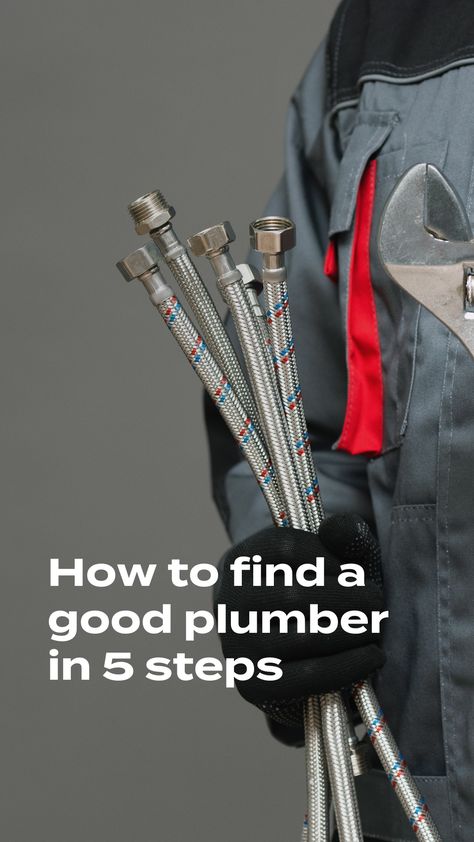Boiler hire is a crucial solution for temporary heating needs in various industries, including construction, events, and large-scale operations. Whether you’re dealing with an emergency breakdown or planning ahead for a seasonal need, hiring a boiler can save time and money. However, ensuring the success of your boiler hire requires careful planning, understanding the options available, and working with reliable providers.
Here are some essential tips to guide you through the process and help you get the best results from your boiler hire.
1. Understand Your Heating Requirements
The first step in a successful boiler hire is determining exactly what your heating needs are. Boilers come in different sizes and types, each suited for specific applications. Assess the following:
- Heat Output: Consider the size of the space or area that needs heating. Larger areas, like construction sites or event halls, may require larger units with higher output.
- Hot Water Needs: Some sites require continuous hot water for washing, cleaning, or specific processes. Make sure the boiler you hire can meet both heating and hot water demands if needed.
- Temperature Control: Determine if you need precise control over temperature, as some boilers come with advanced controls for accuracy.
By accurately assessing your needs, you can avoid renting an oversized or undersized unit that could either waste fuel or fail to provide sufficient heat.
2. Choose the Right Type of Boiler
Different types of boilers serve different purposes, so it’s crucial to select one that aligns with your requirements. Common types of hireable boilers include:
- Mobile Boilers: These units are portable and can be easily moved around a site. They are ideal for temporary heating needs in construction projects or events.
- Industrial Boilers: For larger projects or sites that require significant heating power, industrial boilers are more suitable due to their high capacity.
- Hot Water Boilers: If your site requires a continuous supply of hot water, these units are ideal. They provide both heat and hot water, making them a good choice for facilities that have washing or cleaning needs.
- Steam Boilers: If you need heat in the form of steam (for curing concrete, for example), then a steam boiler will be necessary.
Understanding the purpose of your project and the environment you’re working in will help you make the right choice.
3. Plan for Installation and Delivery
Delivery and installation are key components of a successful boiler hire. Here’s what to keep in mind:
- Delivery Timelines: Ensure the provider can deliver the boiler on time, especially if your heating needs are urgent.
- Installation: Check if the provider offers professional installation services. Proper installation is essential for safety and efficiency. Some providers will include installation in the hire fee, while others may charge extra.
- Fuel Type: Boilers can be powered by gas, oil, or electricity. Choose the fuel type based on availability at your site and the efficiency of the fuel. Confirm the provider’s ability to supply fuel and ensure it’s compatible with your hired unit.
Proper delivery and installation are vital to ensuring that your heating system works efficiently from day one.
4. Work with a Reputable Provider
The reliability and reputation of the boiler hire company are essential for ensuring your project runs smoothly. Look for providers who have experience in your industry and can meet the specific needs of your site. Consider the following:
- Customer Reviews and Testimonials: Check for feedback from previous clients to gauge the provider’s reliability, professionalism, and service quality.
- Experience: Choose a provider with experience in your sector. Whether you need a boiler for an event or a construction project, the company should understand your specific requirements.
- Support Services: Make sure the provider offers support, especially for emergency maintenance. A 24/7 support service ensures you’re not left without heating if something goes wrong.
A reliable provider will ensure that you have the right equipment, professional installation, and timely maintenance support.
5. Get a Detailed Quote
Before finalizing your boiler hire, ensure you receive a detailed, transparent quote from the provider. This should include:
- Rental Costs: Ensure the rental fee covers all aspects of the boiler hire, including delivery, installation, and removal.
- Fuel Charges: Some providers may charge separately for fuel. Make sure this is outlined in the quote.
- Maintenance Costs: Ask about the cost of ongoing maintenance, especially if you’re renting the boiler for a longer period.
- Emergency Repairs: Check if there are any additional fees for emergency repairs or if you need to cover the cost of any damage caused during the hire.
By understanding the full cost upfront, you can avoid any surprise fees later on.
6. Consider the Duration of the Hire
Another important aspect of the boiler hire process is deciding how long you need the equipment. Boilers are typically rented on a daily, weekly, or monthly basis. Ensure that you have enough flexibility in your contract to extend the hire period if necessary, especially for long-term projects.
If you’re renting for a short-term need, check if there are daily or weekend rates that can be more cost-effective for your project.
7. Maintain Safety and Compliance
Safety is paramount when working with boilers, especially in construction or industrial environments. Ensure that the boiler hire company provides equipment that meets all necessary safety standards. This includes:
- Inspection Certificates: Verify that the boiler has been inspected and certified for safety before it’s delivered to your site.
- Compliance with Regulations: Make sure that the boiler hire provider follows all local regulations related to the installation and operation of heating equipment.
The last thing you want is to deal with safety issues or compliance problems that could delay your project or incur additional costs.
8. Factor in Future Needs
Consider your long-term needs when renting a boiler. If your project is ongoing, you may need to scale up or down the heating power. Look for a provider that offers flexible options, including the ability to upgrade or downsize the equipment as needed. Some providers may even offer regular maintenance or checks to ensure the boiler is running efficiently throughout your rental period.
Conclusion
Boiler hire can be a practical and cost-effective solution for temporary heating needs on construction sites, during events, or in other industries. By following these essential tips—understanding your heating needs, choosing the right type of boiler, working with a reputable provider, and ensuring proper installation and maintenance—you can ensure a successful boiler hire experience. Be sure to plan ahead, get a detailed quote, and stay informed about your boiler’s performance throughout the rental period to ensure your project runs smoothly.










